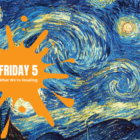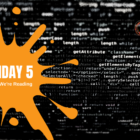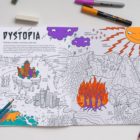Black Lives Matter
How We Proved That the Biggest Black Lives Matter Page on Facebook Was Fake
|
CNN reporter Donie O’Sullivan describes how he and a colleague were able to discover, and then prove, that the largest Black Lives Matter Facebook page in 2018 was an Australia-based scam. O’Sullivan also provides insights into the value of good archive sites and domain registration tools in investigating suspicious social media pages, in conjunction with traditional reporting methods.









